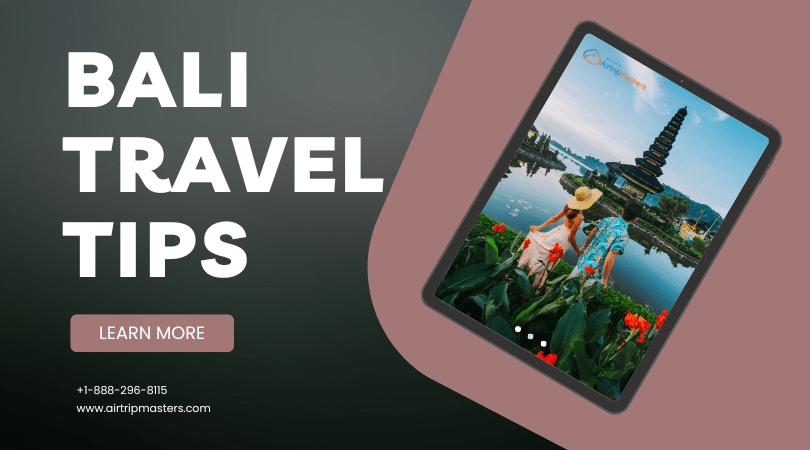
What Exactly Is Travel Insurance? What Are Its Advantages and Types?
Travel insurance is a financial product designed to protect travelers from unexpected events and expenses that can occur before or during their trips. It serves as a safety net, offering peace of mind and financial security when traveling, both domestically and internationally. Travel insurance policies vary in coverage and can be customized to suit individual needs, making them a valuable tool for travelers seeking to mitigate risks and ensure a smooth journey.
Advantages of Travel Insurance
Trip Cancellation Coverage:One of the primary advantages of travel insurance is its ability to reimburse non-refundable trip costs if you cancel your travel plans due to unforeseen circumstances. These can include illness, family emergencies, or adverse weather conditions that lead to flight cancellations.
Emergency Medical Coverage:Travel insurance provides essential medical coverage when traveling abroad. It can help cover medical expenses for illnesses or injuries sustained while away from home. This is particularly vital in countries where healthcare costs can be excessive for foreigners.
Baggage and Personal Belongings Protection: If your luggage is lost, stolen, or damaged during your trip, travel insurance can compensate for the loss. It also extends to personal belongings like electronics, jewelry, and other valuables.
Travel Delay Coverage: Travel insurance often includes coverage for unexpected delays, such as flight delays, cancellations, or missed connections. This can help cover additional expenses for accommodations, meals, and transportation during the delay.
Emergency Evacuation and Repatriation: In case of a medical emergency requiring evacuation or repatriation, travel insurance can arrange and cover the costs of transporting you to a suitable medical facility or back to your home country.
Types of Travel Insurance
Single Trip Insurance:This type of travel insurance is designed for individuals or families taking a one-time vacation. It covers the specific trip’s duration and is ideal for occasional travelers.
Annual Multi-Trip Insurance:Frequent travelers often opt for annual multi-trip insurance, which provides coverage for an unlimited number of trips within a year, each with a specific maximum duration. It’s cost-effective for those who travel multiple times a year.
Domestic Travel Insurance:Although travel insurance is commonly associated with international trips, it’s also available for domestic travel. It can cover expenses related to cancellations, delays, or medical emergencies that occur within your home country.
Adventure or Specialty Travel Insurance:Adventure enthusiasts and travelers engaging in high-risk activities like mountaineering or scuba diving may require specialty travel insurance. These policies are tailored to cover the specific risks associated with such activities.
Cruise Travel Insurance:Cruise travelers can opt for specialized cruise insurance that covers cruise-specific issues like trip interruptions due to mechanical failures or illness outbreaks on the ship.
Group Travel Insurance:Group travel insurance is suitable for organizations, school trips, or large families traveling together. It can provide coverage for multiple individuals under a single policy, often at a reduced cost.
Business Travel Insurance:Business travelers can benefit from policies tailored to their unique needs. These may include coverage for work-related equipment, last-minute trip changes, or emergency assistance.
Conclusion
Travel insurance is a valuable tool for travelers to safeguard their journeys against unforeseen events. It offers peace of mind, financial protection, and flexibility to cater to various types of travelers and trips. By understanding the advantages and types of travel insurance, you can make informed decisions to ensure your travels are worry-free.
Search
Categories
Airline Reviews Airport Review Best Places to visit in indiaBusiness class tickets Canada To India Flight Airport Review Airport Review
Recent Post
Advantages of Flight CancellationsWhy are airline tickets so expensive” The Ultimate Travel Guidelines Best Ways to Get Cheap Flight Tickets San Francisco To Ahmedabad Flights



 1-888-296-8115
1-888-296-8115 1-855-478-4115
1-855-478-4115



